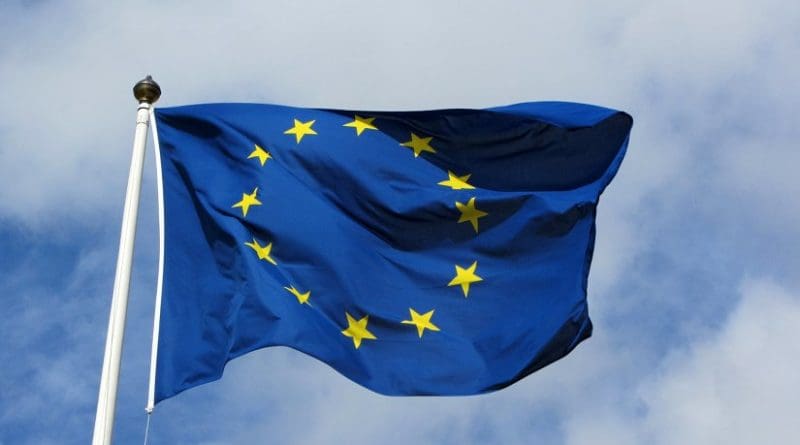Croatia, UK Block Serbia Opening Chapter In EU Membership Talks
By Milivoje Pantovic
Croatia on Monday said it was not able to approve Serbia opening Chapter 23 in its EU membership talks, citing “substantial reasons”, while the UK also withheld support citing “technical reasons” related to the UK referendum decision to leave the EU.
A decision was made not to open the chapter at the meeting of the EU working group on the Serbian negotiations under the Dutch presidency, which ends at the end of June.
“This situation should be seen in the light of the UK’s ‘Brexit’. The EU must face it’s own problems as soon as possible and solve them,” the head of the Belgrade-based Center for Foreign Politics, Aleksandra Joksimovic, commented in reference to the UK’s position.
“We have a situation in which those that are leaving the union are still deciding on the enlargement process,” Joksimovic told BIRN.
Serbia had hoped to open Chapter 23 before the Dutch presidency of the EU ends on July 1.
Joksimovic noted that when it comes to the objections from Croatia against opening Chapter 23, the problem was slightly different.
“Croatia’s blockade is being caused by internal affairs and Serbia should be prepared that this country gives us a green light last. However, if there is a consensus between the rest of the 26 countries [bar Britain], those open issues will be solved as well,” Joksimovic said.
She also said it was not that important whether Serbia opened Chapters 23 and 24 now or in a few months time. What was more important was for Serbia to meet the EU’s standards.
A European Council working group on April 6 pulled opening the two chapters – dealing with the rule of law, the judiciary and human rights – from its agenda after Croatia failed to give them a green light.
Croatia is demanding that Serbia first pledges full respect for national minority rights, full cooperation with the Hague war-crimes tribunal, ICTY, and scraps a law giving Serbia jurisdiction to try war crimes committed in all the 1990s conflicts in the former Yugoslavia.
Serbia’s Prime Minister-designate, Aleksandar Vucic, and President of Croatia Kolinda Grabar Kitarovic recently discussed the issues burdening relations between the two countries.
“According to our knowledge, there was an agreement in principle with Croatia to open Chapter 23. It was only a matter of whether it would be technically possible to implement what was agreed since Croatia does not have a government right now,” the coordinator for Chapter 23, Milan Antonijevic, Serbia, referring to the recent fall of Croatia’s unstable centre-right government.
He told BIRN that Britain’s referendum vote on June 23 to leave the EU had also affected the decision on opening the chapters.
“The EU should not let ‘Brexit’ influence future decisions in the EU. But I do not think that this will become a trend,” Antonijevic said, adding that the chapters could be opened in July.
“Everything that was written in the action plan for Chapter 23 is for the good of the people of Serbia. As soon as Chapter 23 is open, everything from the action plan must be implemented”, he concluded.

